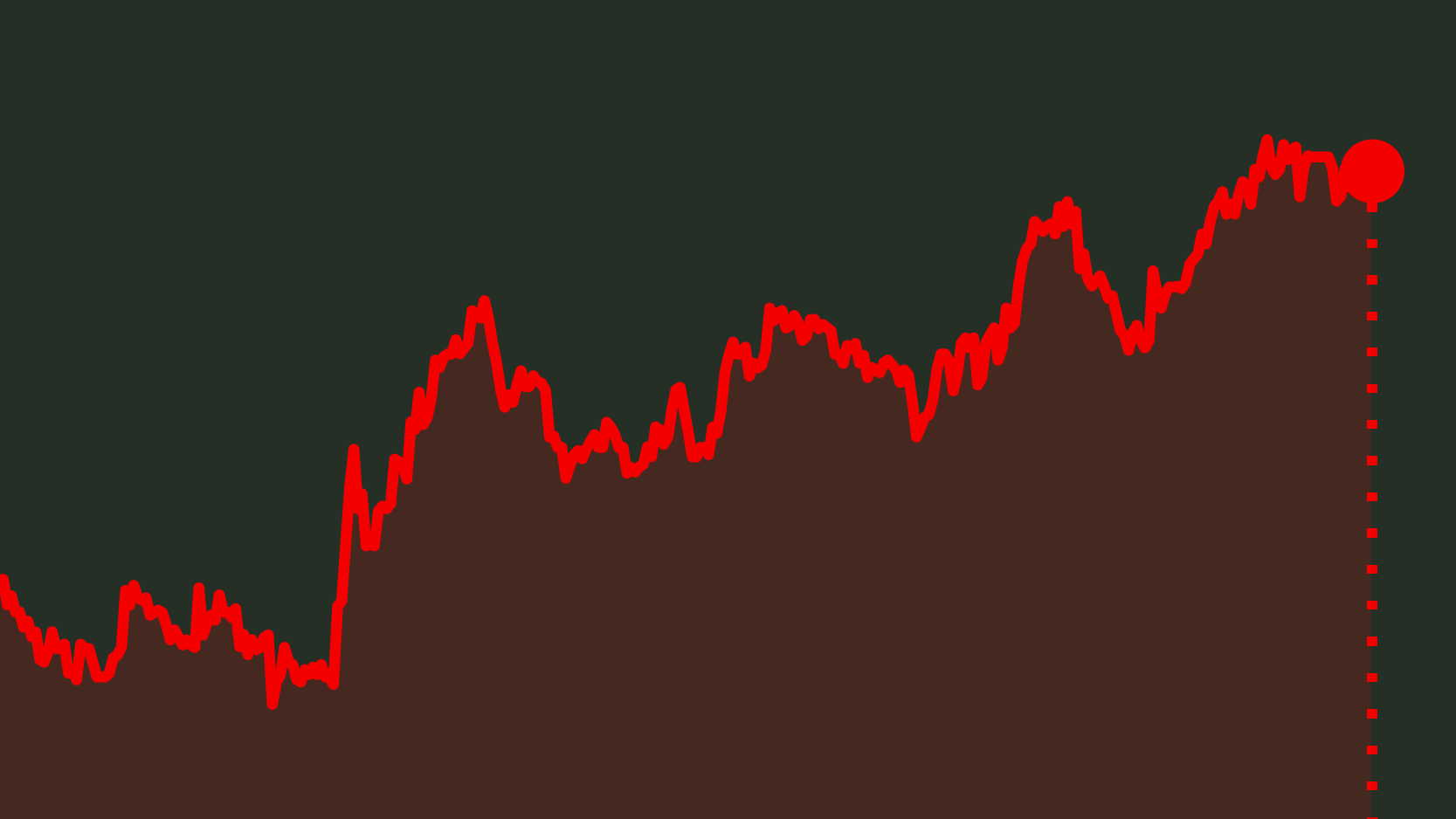Portugal’s indebtedness decreases for the first time this year
After June's record amount of 726 billions, the indebtedness of the Portuguese economy decreased in July, for the first time since the beginning of the year. It stood at 725.4 billion euros.
Seven months after the beginning of 2017, Portugal had the first decrease in its debt. It decreased in July for the first time this year, standing at 725.4 billion euros, after the record levels from June (726.028 billion euros).
This corresponds to public administrations, companies and families’ indebtedness, excluding banks. Since January of this year, the financial sector indebtedness, in nominal terms, has been growing every month. July was the exception: indebtedness decreased 613 million euros in comparison to June, the Bank of Portugal (BdP) disclosed this Thursday.
“In July 2017, non-financial sector indebtedness stood at €725.4 billion, of which €316.8 billion referred to the public sector and €408.6 billion to the private sector“, BdP’s statistical press release states. “Compared with June 2017, public sector indebtedness decreased by €1.0 billion. The private sector indebtedness rose by €0.4 billion”, the central bank headed by Carlos Costa explains.
According to BdP, the decrease in public administrations’ indebtedness “was chiefly due to the decline in financing granted by the non-resident sector and the general government sector”.
As for the private sector, the debt increase “reflected the increase in the external indebtedness of private corporations”. The only reason this increase wasn’t larger, was because companies and families’ indebtedness towards banks decreased, the institution states.
In June, the Portuguese economy’s indebtedness corresponded to almost four times the Portuguese Gross Domestic Product. Families and companies’ high leverage was one of the main issues underlined by rating agencies and other institutions as a setback in the development of the national economy.




